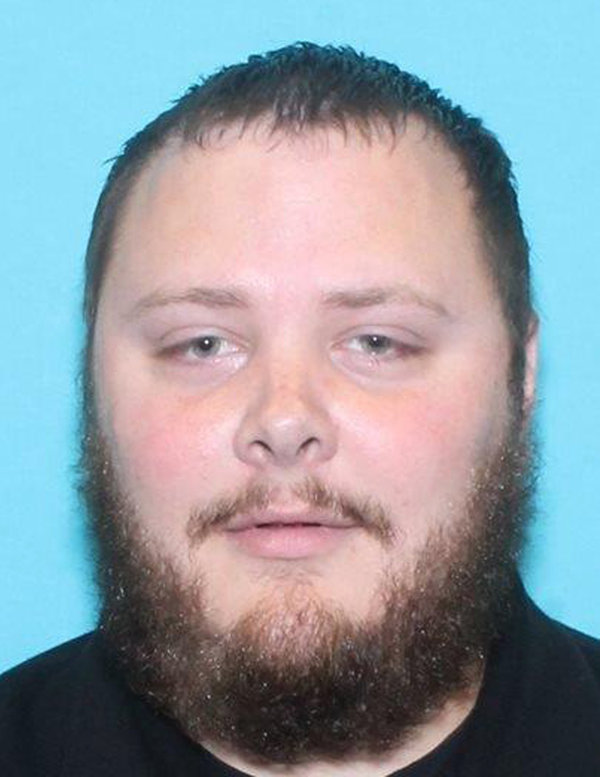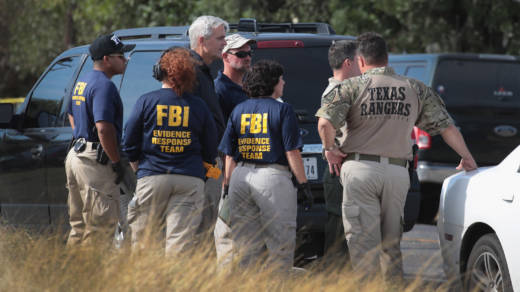Devin Patrick Kelley had an assault-style rifle and two handguns — all purchased by him, according to federal officials — when he drove to a small Texas church on Sunday, opened fire and killed at least 26 people.
He also had a known record of domestic violence. In 2012, while he was in the U.S. Air Force, he was court-martialed for assaulting his then-wife and their child. Under federal law, his conviction disqualified him from legally possessing a firearm.
Retired Col. Don Christensen, who was the chief prosecutor for the Air Force at the time of Kelley's general court-martial, tells NPR the case was serious.
"He fractured his baby stepson's skull," Christensen says.

Kelley accepted a plea deal, pleading guilty to a charge of assault on his wife and to a charge of "intentionally inflicting grievous bodily harm" on the child, Christensen says. His crimes were punishable by up to five years confinement (the military equivalent of a prison term). As part of the deal, Kelley received an 18-month cap on his confinement, and was ultimately sentenced to 12 months.

9(MDAxOTAwOTE4MDEyMTkxMDAzNjczZDljZA004))